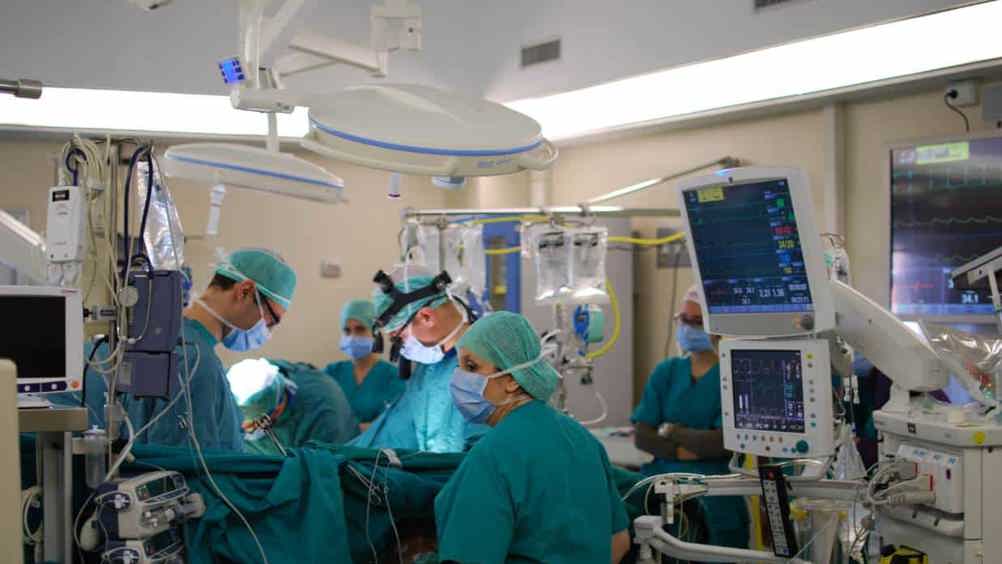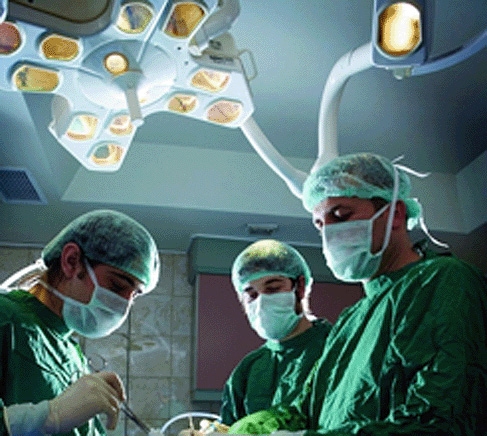Research aims to alleviate rejection of plastic implants
Funding has been made available to create plastic implants that are less likely to be rejected by the body.


The plastic-based medical implants will be developed by Imperial College’s Dr Rylie Green who has received over £1m from EPSRC to take the work forward.
Conventional medical implants can trigger inflammatory responses that are difficult to control and can lead to rejection, a situation that plastic medical implants could alleviate.
Dr Green from Imperial’s Department of Bioengineering will use EPSRC’s funds to explore new types of plastics that are combined with natural body proteins. These will form implants that encourage interaction with surrounding nerves to prevent rejection.
“This research could help to improve the quality of implants so that they are not rejected by the body so easily,” said Dr Green. “Ultimately, this could lead to improvements in cochlear implants or new types of bionic eye implants.”
According to Imperial, Dr Green will bring together concepts from tissue engineering, plastic design and bionic device technology to create soft and flexible plastic bioelectronics that are more compatible at the cellular level with the body, which will prevent rejection and minimise the formation of scar tissue.
Register now to continue reading
Thanks for visiting The Engineer. You’ve now reached your monthly limit of news stories. Register for free to unlock unlimited access to all of our news coverage, as well as premium content including opinion, in-depth features and special reports.
Benefits of registering
-
In-depth insights and coverage of key emerging trends
-
Unrestricted access to special reports throughout the year
-
Daily technology news delivered straight to your inbox










CCC Report Finds UK Climate Targets Still Within Reach
In 1990 67% of the UK´s electricity came from coal-fired power stations and even without renewables the transition to gas was a major contributor to...